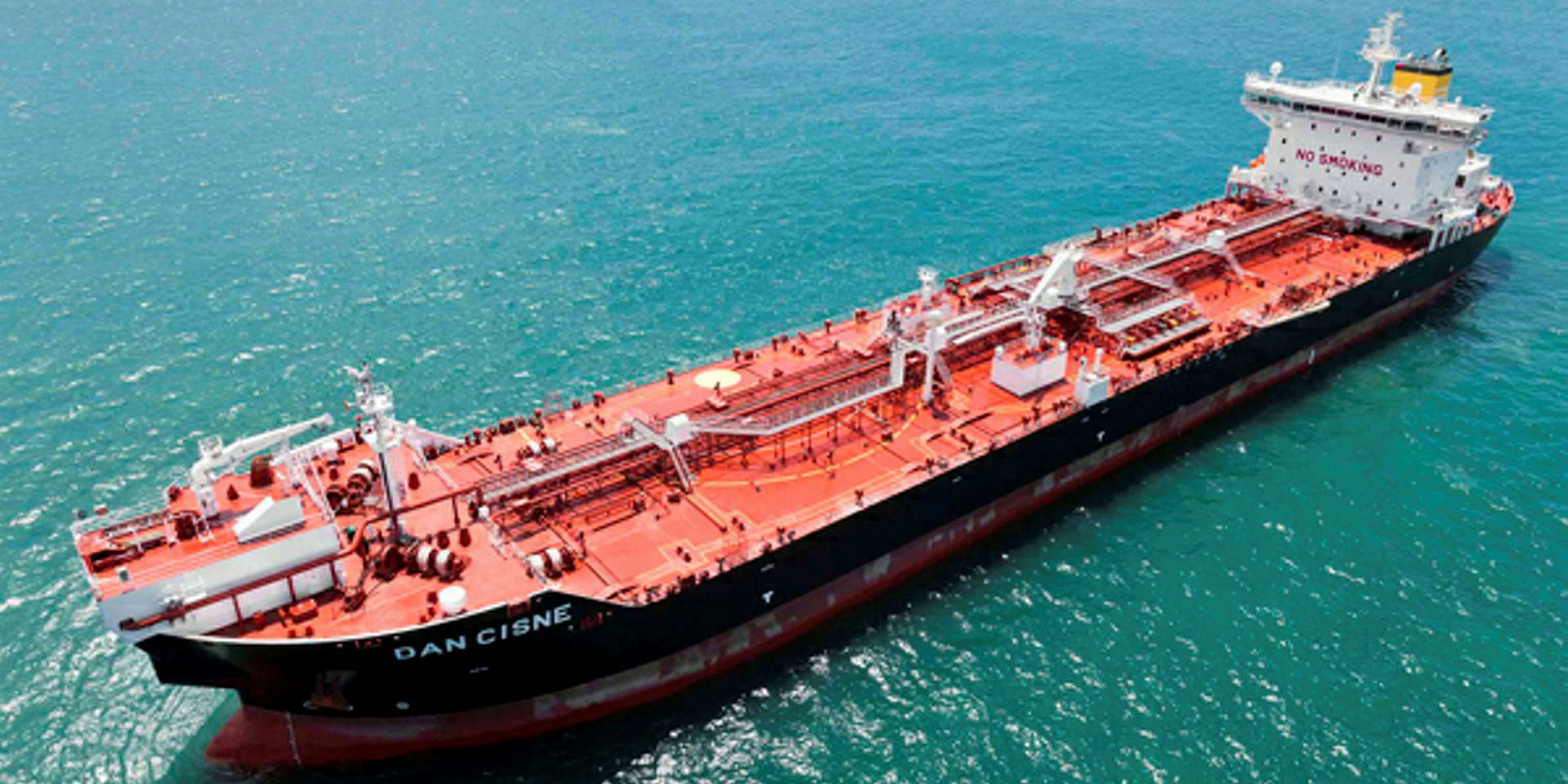KNOT Offshore Partners (KNOP) plans to pass on installing exhaust gas scrubbers to become compliant with the pending IMO 2020 low-sulphur mandate.
"We build ships at Tier II because actually, weirdly, ships with scrubbers are less efficient, and they've got more deadweight," chief executive John Costain said during the company's second-quarter conference call.
He said a scrubber-equipped vessel will burn up to two more tonnes of fuel a day, given the added weight, and open-loop scrubbers discharge sulfates into the sea.
"In some parts of the world, you can't use open-loop scrubbers because they add to the ocean acidity," he said.
He said 90% of KNOP's fleet of 15 vessels will not have scrubbers.
Costain and other shipowners are revealing how they will comply with the International Maritime Organization's call to lower ship exhaust sulphur content to 0.5% by 2020.
Earlier this week, Eagle Bulk said it planned to install scrubbers on 19 ships by the IMO 2020 deadline with the option for 18 more on its 48-ship fleet at a cost of $2m each.
Other shipowners planning to use them include Star Bulk Carriers, Frontline and Norden.
Some fleet owners, such as Maersk Line, are not big fans of the technology, while Carnival is open to using scrubbers, converting to LNG use and burning low-sulphur marine gas oil (MGO).
Costain said IMO 2020-compliant fuel's higher cost will be borne by charterers yet Brazilian refineries may be able to bring less costly heavy fuel oil within the 0.5% threshold.
"Because if they don't, the vessels will have to burn marine diesel, but that's a charterer's problem," he said.
"There's no problem in our vessels being compliant. We just have to burn a more expensive fuel."
The average price worldwide for IFO380 heavy fuel oil is $480.50 per metric tonne, while MGO costs $760.50 per metric tonne, according to Ship & Bunker.





